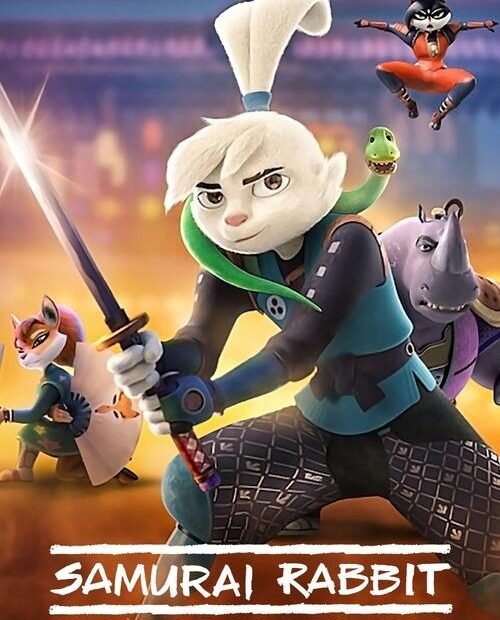The Samurai: A Slice of Swords and Sorrow
Picture this: a land where honor is as important as your morning tea, and the only acceptable form of conflict resolution is through sharp, pointy objects. Welcome to the world of The Samurai, a film that takes us on a historical rollercoaster ride through the glorious, and at times, utterly absurd, life of Japan’s elite warrior class.
Our journey begins in the Heian Period, a time when the samurai were the rock stars of Japan—minus the groupies and questionable fashion choices. These knights of yore weren’t just about looking snazzy in armor; they were masters of sword and bow, with an ethics code so strict it would make a modern HR department weep. They spent their days fighting each other for land, status, and, of course, the ultimate bragging rights over who had the best katana.
As we meander through the centuries, the film introduces us to some modern-day samurai, who are less about dueling and more about explaining the finer points of the Bushido code. Think of them as the wise uncles at a family gathering, except instead of sharing embarrassing stories, they’re dropping knowledge bombs about honor and discipline. Spoiler alert: it’s all very serious and not nearly as entertaining as Uncle Bob’s tales of his glory days in the ‘80s.
Now, let’s talk about the pivotal events that shaped these fierce fighters. The film dives into the glory days of the samurai, where they beat back foreign invaders with the grace of ballet dancers wielding swords. It’s all fun and games until the inevitable decline begins, which, let’s be honest, is about as cheerful as a rainy Monday. The opening of Japan in 1853 is like the ultimate party crasher, leading to the samurai’s downfall and leaving them reminiscing about the good old days over cups of green tea.
Throughout this historical romp, we get a front-row seat to the extraordinary legacy of martial artistry and self-discipline. There are moments of sheer brilliance, like when a samurai performs a flawless kata, making it look as easy as flipping a pancake. But then, just when you think you’ve got the hang of it, they throw in a dose of tragedy that hits harder than a poorly executed sword swing.
In conclusion, The Samurai is not just a film; it’s a meditation on honor, legacy, and the occasional existential crisis faced by those who once held the reins of power. It’s a captivating blend of history, philosophy, and a not-so-subtle reminder that sometimes, the sword you wield can also be the sword that leads to your downfall. So, grab your katana—metaphorically speaking, of course—and prepare for a journey through the annals of time where honor is everything, and sometimes being a warrior means knowing when to hang up your sword for good.
